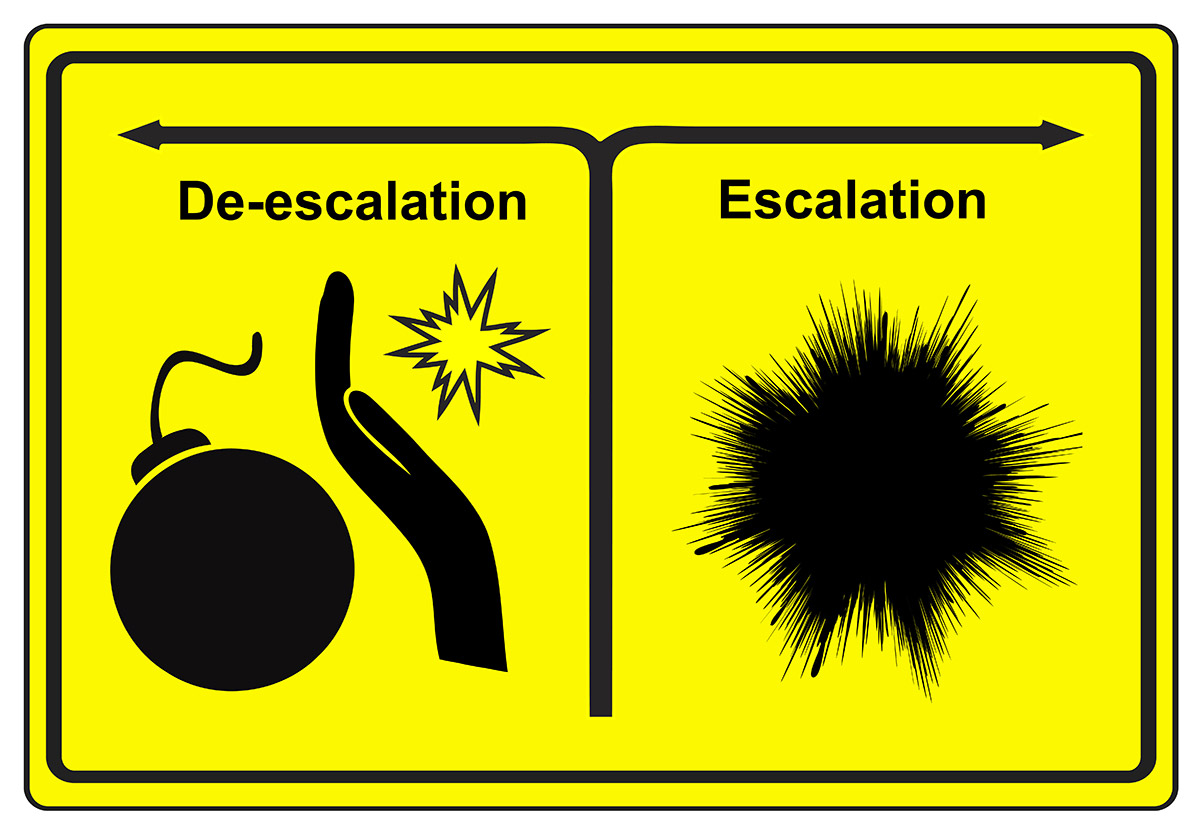Overview
Each of the trainings listed below (de-escalation training, trauma informed care training, compassion fatigue, etc…) are geared towards audiences that work with potentially challenging populations of clientele. It is imperative that professionals have education and tools to manage the stress, struggles, and potentially challenging behaviors of the work they do, while still providing empathy and compassion in lieu of difficult interactions or events. This writer has a quarter century of experience providing direct care and support to clients and staff in a variety of settings. Trainings are intended for social service providers, health care staff, educators or other para-professionals who provide valuable service to a community of people who suffer from ailments, disabilities or are in any way a marginalized population. It is an honor to train and educate the professionals who impact the lives of so many people.
Finally, please know that these in-services are geared to be approximately 2 hours. I have people who find that they want 2.5-3 hours for the De-escalation and the Compassion Fatigue trainings. All of this can be negotiated to meet your greatest needs.
The in-services:
Trauma-informed Care (basics).
Provides an overview of the internationally recognized value of trauma-sensitive approaches to client care
Provides insights into the neuro-biology of trauma, with a focus on the impacts of trauma from early childhood
Provides direction around the philosophy and practice of being a trauma-informed staff & agency; including the advancement of equity and inclusion principles
Identifies social norms for addressing and managing impacts of trauma at the workplace
Activities are included to model and promote trauma-informed approaches for the sake of learning and generalization
Training outcomes:
- Staff are able to identify the physical, cognitive, social, and emotional impacts of trauma
- Staff are able to identify ways to communicate in caring, supportive, and empathetic manners in order to foster environments of inclusion and cooperation
- Organizations will be able to identify potential areas of change and growth, including environment and procedural changes to systems that heretofore were not trauma-informed
- Organizations will be able to identify ways to improve “shared” goals, language, and beliefs in a manner that is empathetic to vulnerable individuals and groups.
- Upon completion of this training, Individuals, teams, and organizations will be able to begin the process of becoming more equitable and inclusive to everyone who constitutes their community (clients, staff, neighbors, etc.).
De-escalation & Personal Safety
Provides the basics of staff preparedness related to challenging behaviors
Addresses Prevention, Intervention, and Post-intervention approaches to difficult behavioral situations
Provides tangible tools to best manage agitated behaviors
Addresses the neuro-biological and psychological factors that impact human behavior and responses to our environment when one’s safety is potentially comprised
Activities and small group discussions are encouraged for skill-building
Training outcomes:
- Staff will be able to identify at least three ways they will be able to improve their preparedness for managing potentially challenging behavioral situations
- Staff will be able to identify effective verbal approaches to managing challenging situations
- Staff will have tools for increasing situational awareness during difficult & potentially dangerous situations
- Staff, teams, and organizations will have specific tools for improving Debriefing processes as a result of this training
- Staff will develop practical skills that can be applied in real-life situations
Compassion Fatigue & Self-Care for professionals
Defines Compassion Fatigue & Secondary/Vicarious Trauma and provides context for the normalization of such experiences for care providers
Identifies who is at-risk for Compassion Fatigue
Offers specific ways to identify and manage one’s Self-Care. Including a final activity that provides a take-away tool for participants
Provides a forum for attendees to recognize and support the common emotional challenges that care providers experience and offers a structured environment for processing and managing common concerns
Training outcomes:
- Attendees will be able to identify & define Compassion Fatigue and Secondary (Vicarious) Trauma
- Participants will be able to identify the most common signs of Compassion Fatigue for more effective early management of concerns
- Staff will have at least four areas identified where they can increase or adapt self-care strategies
- Teams and organizations can identify area

